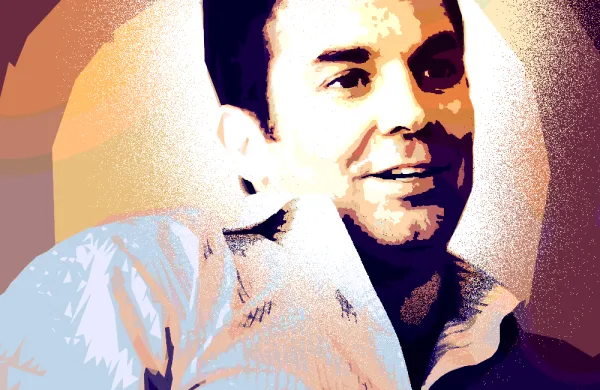It has been quite a year. What most investors thought unlikely is beginning to happen. Oil dipped below $30 a barrel. The Saudis say they will wean themselves off oil. Wildfires are threatening the Alberta tar sands production. Global temperature records are shattered month after month.
How all this plays out is uncertain in detail but clear in its general framework. In a few years, governments will push electric vehicles, which even without subsidies have become more price competitive, as a quick way to improve urban air quality. As the global car fleet electrifies, demand for oil will contract enough to see prices head below the $30 threshold again— although this time, it could be indefinitely. A world of sub-$30 oil and slowly falling demand will bankrupt some countries and see the oil majors turn themselves into capital-conserving cash cows if they face up to their future—or fail if they don’t.
Meanwhile, wind, solar and domestic energy storage will become widely price competitive, pushing the price of electricity-generating fossil fuels — namely, coal and natural gas — down to long-standing lows along with oil.
These trends will remove economic barriers to regional carbon dioxide markets that will quickly rise past $50 a metric ton, on their way to $100 or more. Power generators, transport companies and steel and cement producers will seek new business models as their profits sag. It may not happen quite this way, but this scenario is now looking highly plausible.
The speed of business disruption will surprise many investors who are psychologically unwilling or unable to accept that we humans are rapidly changing the physical way the world works and that a few enlightened politicians, entrepreneurs and environmental campaigners are at last doing something about it.
Unfortunately, another surprise also awaits us. These small and hard-won successes look likely to have come too late to avoid major damage. Despite sincere hopes to the contrary, the world will likely warm more than 2 degrees Celsius. Coastal cities will be mauled by storms, randomly extreme weather will destabilize agriculture, and mass migrations will prove challenging for governments.
Investors should wake up. There is a brake for the relentless accumulation of climate risk: The sooner investors apply their collective force to it, the less the eventual damage. They own one quarter of carbon dioxide emitters, including all of the oil majors whose boards have taken it upon themselves to resist efforts to rein in fossil fuel use, as well as the banks that provide project financing to coal expansion. Votes at shareholder meetings this week at Chevron Corp., Exxon Mobil Corp. and Southern Co. for greater disclosure should be supported without a second thought. Abstention is simply another way to continue to be part of the problem. In 2017 this expectation should be extended to the global top 500 quoted companies, with requests for business plans and investment proposals that rapidly cut emissions. In 2018 investors should begin to mandate the implementation of these plans with a focus as much on heavy greenhouse gas emitters as on fossil fuel companies.
All parties in the investment chain have a duty to act. Investment consultants should write to pension fund and insurance company clients to advise them of the seriousness of climate risk for ultimate beneficiaries and offer to help them plan how to manage this risk. Investment managers should ask their clients through their know-your-customer documents whether or not they want climate risk to be actively managed. That move would put liability for future losses from climate damage on those clients who say no. Managers should then work out how they can help get emissions down — not just in their portfolios but also globally, to ensure that portfolio metrics are reliable by forcing companies and their directors to confront climate risk, invest to reduce emissions and lobby responsibly. Asset management firms have a special duty to provide leadership — and should be fired by clients if they don’t.
Actuaries should work out how much long-term returns would be impaired by climate damage and increase requirements for pension contributions accordingly. Voting agencies should automatically recommend voting in favor of all constructive resolutions aimed at reducing climate risk. Research analysts should draw attention to the effects of climate risk and the likely disruptions from the measures to contain it. Corporate lawyers and investment bankers should reject climate greenwashing and force issuers to confront in depth how vulnerable their businesses are to the disruptions in the pipeline. The initial public offering, expected within one year, prospectus for Saudi Aramco will be another litmus test for intermediaries.
The December 2015 Paris climate agreement has cleared the stage for action. Like most citizens, some institutional investors and asset management firms would prefer to do little or nothing and treat climate change as someone else’s problem. Unlike these citizens, they control $70 trillion of assets and 10 billion metric tons a year of carbon dioxide emissions. They have an obligation to the rest of us to take forceful stewardship actions that could make a major difference.
Howard Covington is chair of the Alan Turing Institute; vice chair of ClientEarth; and senior adviser at Preventable Surprises, a London-based nonprofit created to help investors and others avoid predictable disasters.





